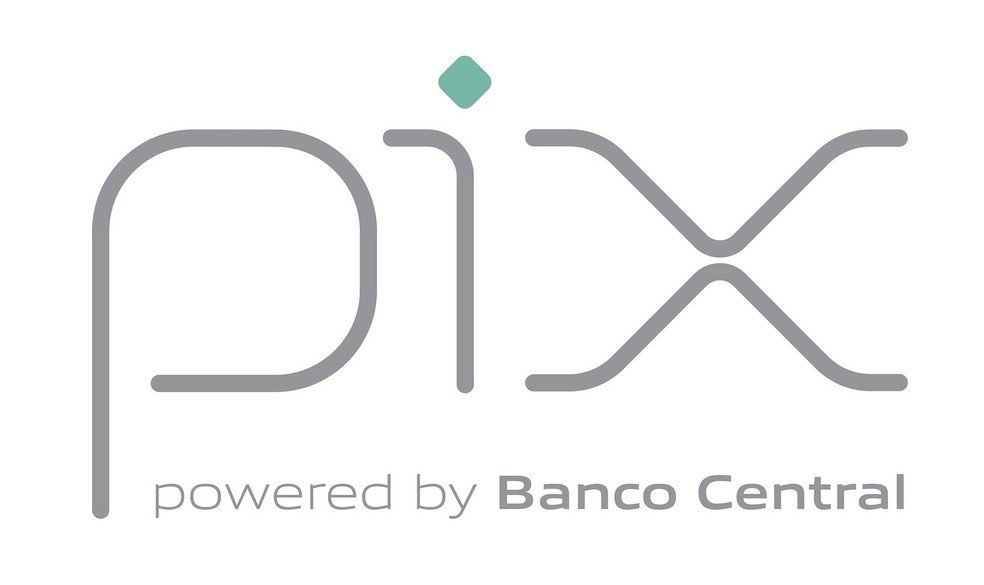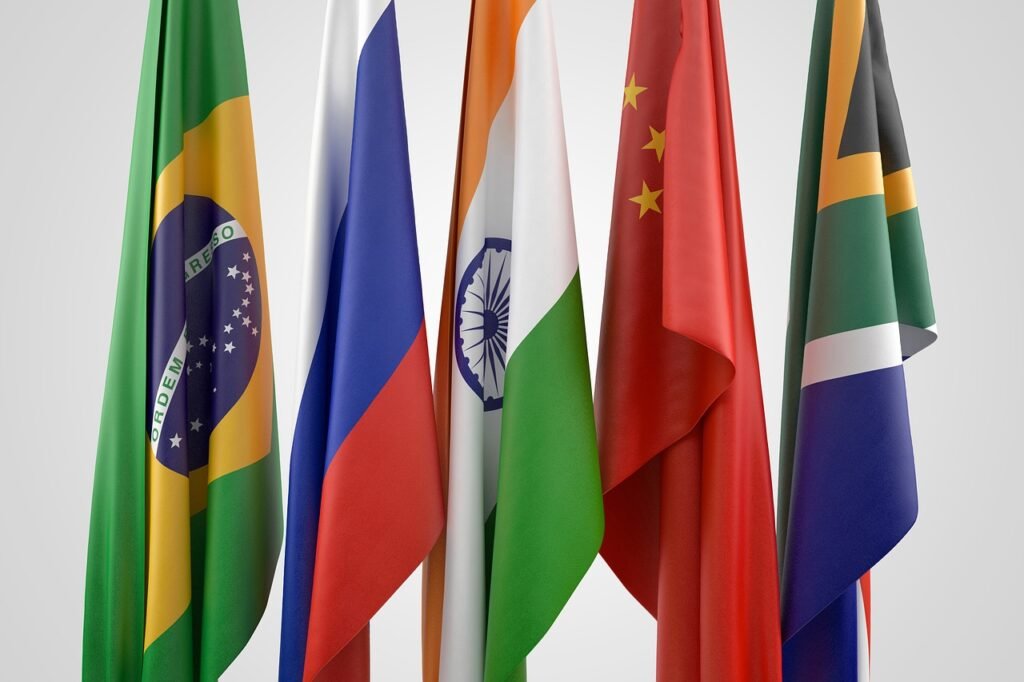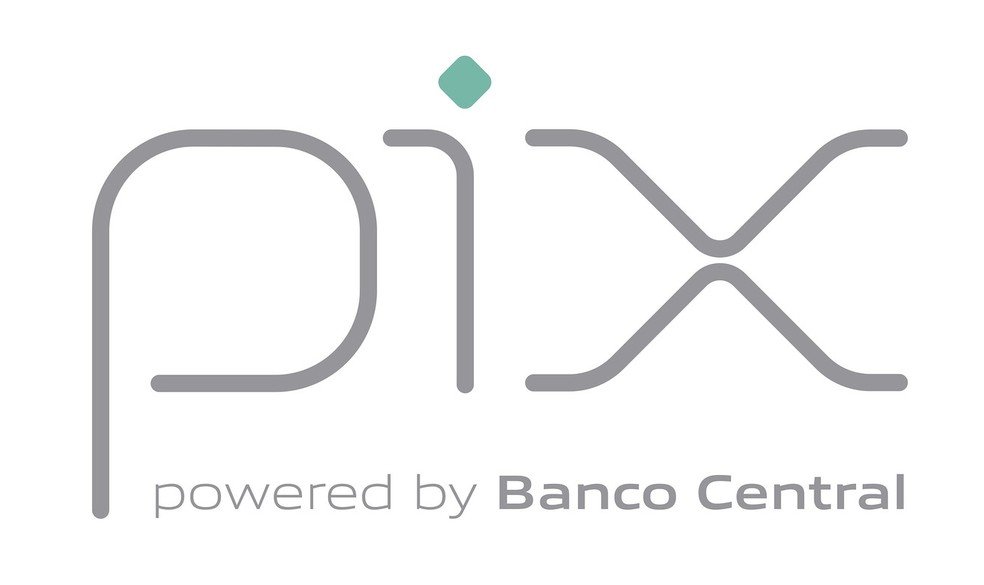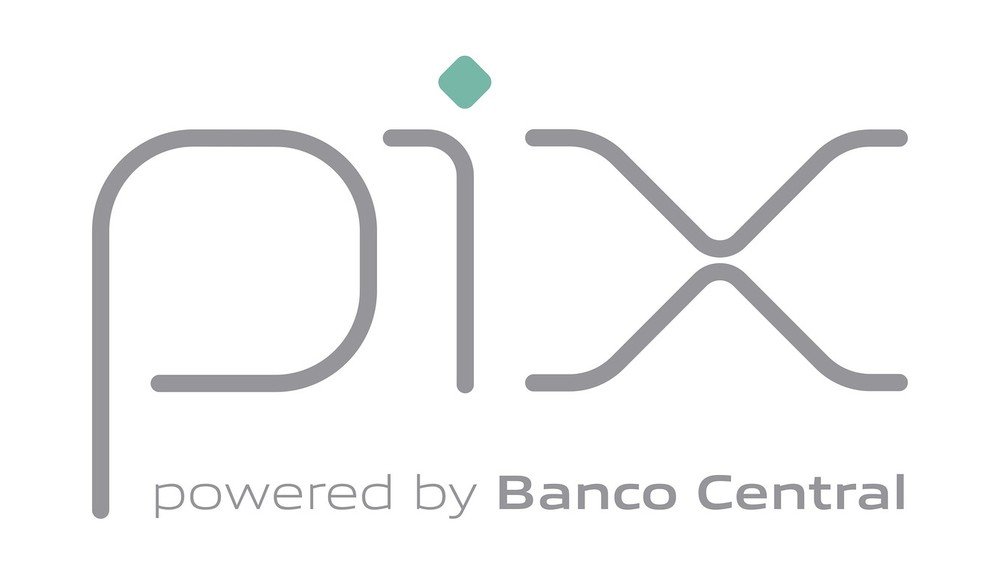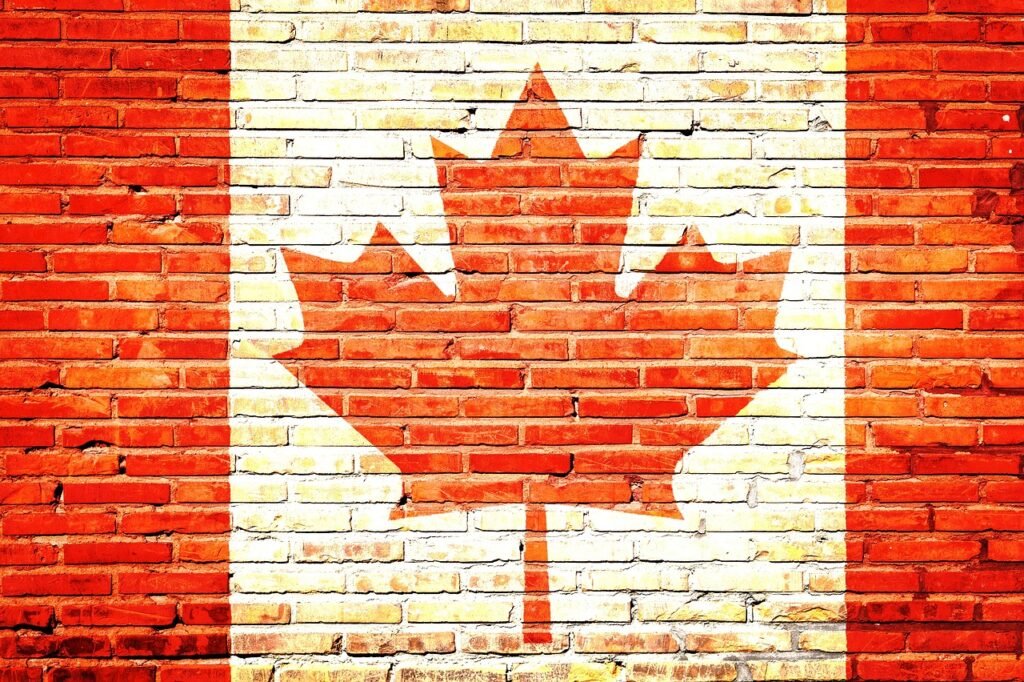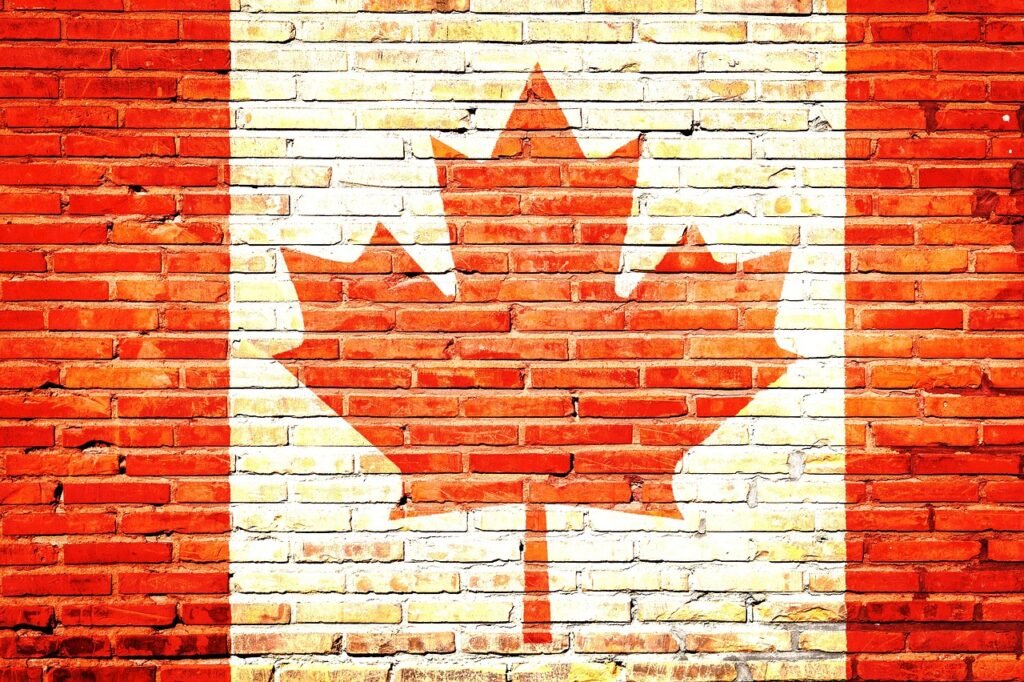
The rising risk of child exposure on social media
In recent years, many families have shared aspects of their children’s lives online. While often harmless, this exposure can attract unwanted attention. Children and teenagers become potential targets for individuals with malicious intent, such as pedophiles and abusers, who exploit this visibility to prey on victims.
The profile of online predators
Digital predators often use fake profiles to establish contact with minors, creating a false sense of friendship and trust. Through seemingly innocent interactions, they manipulate victims, leading them into dangerous situations. Easy internet access and lack of parental supervision increase children’s vulnerability.
Consequences of early digital exposure
Early exposure on social media can lead to:
- Risk of sexual abuse: Online visibility facilitates contact with ill-intentioned individuals.
- Mental health problems: Pressure to maintain a public image can affect self-esteem and emotional well-being.
- Compromised privacy: Personal information shared can be misused.
The role of parents and guardians
Parents should take protective measures in the digital environment, including:
- Monitoring online activities: Tracking children’s internet and social media use.
- Digital education: Teaching about internet risks and the importance of privacy.
- Privacy settings: Adjusting social media to limit who sees shared content.
The need for regulation and awareness
Experts stress the urgency of public policies regulating children’s exposure on social media. Awareness campaigns are also essential to inform parents about risks and preventive actions.
References
- Ministério Público do Estado do Pará (MPPA). “Abuse and sexual violence against children and adolescents.” Link
- Câmara dos Deputados. “Cybercrimes against children and adolescents on the internet.” Link
- Ministério Público de Santa Catarina (MPSC). “About pedophilia on the internet.” Link
- Universidade Estadual de Ponta Grossa (UEPG). “Exposure of children on social networks is a gateway for criminals.” Link
- Ministério Público da Bahia (MPBA). “Safe navigation.” Link
